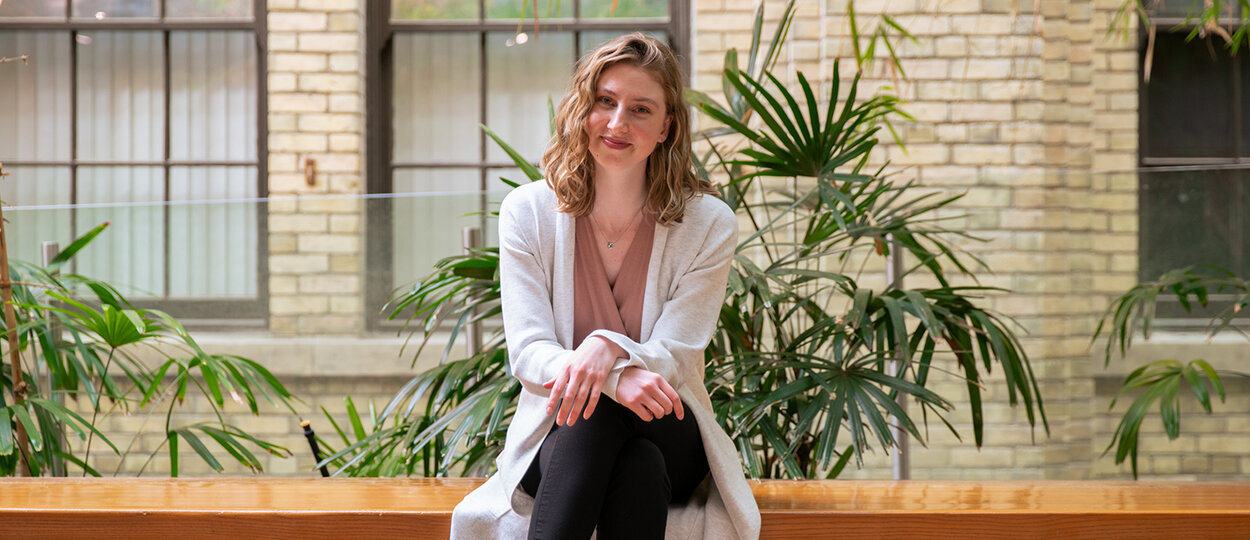I have spent years trying to prove myself and my abilities to others.
During my undergraduate degree when I told people I was in physics, I was nearly always met with disbelief; that I “didn’t look” like I was in physics. I had to prove myself not only within heavily male-dominated environments in academia and in the financial industry, but also to other people in my life that didn’t believe that a) I was in a physics program in general, and b) that choosing that path was sustainable or acceptable. I found myself experiencing the same patterns in environments where I had to fight to be acknowledged and heard, where I was questioned and underestimated, and cases where I had to prove my intelligence and credibility. At the same time, I knew that my presence, along with the other women in the field, was important. I was cognizant of my role as a mentor for others, and I knew that being in these types of environments was also crucial for my success in the field. Ultimately, my interests began to change, and I decided to pursue my graduate degree in the field of neuroscience in the Leslie Dan Faculty of Pharmacy. However, my decision to leave physics carried with it a significant amount of guilt. I knew that the number of women in physics decreases dramatically at every stage – including from undergraduate to graduate studies – so staying in it had begun to feel like a duty. However, when we push these types of messages, when we encourage woman-identifying individuals to enter and stay in these fields, we need to ask ourselves what we are asking them to take on.
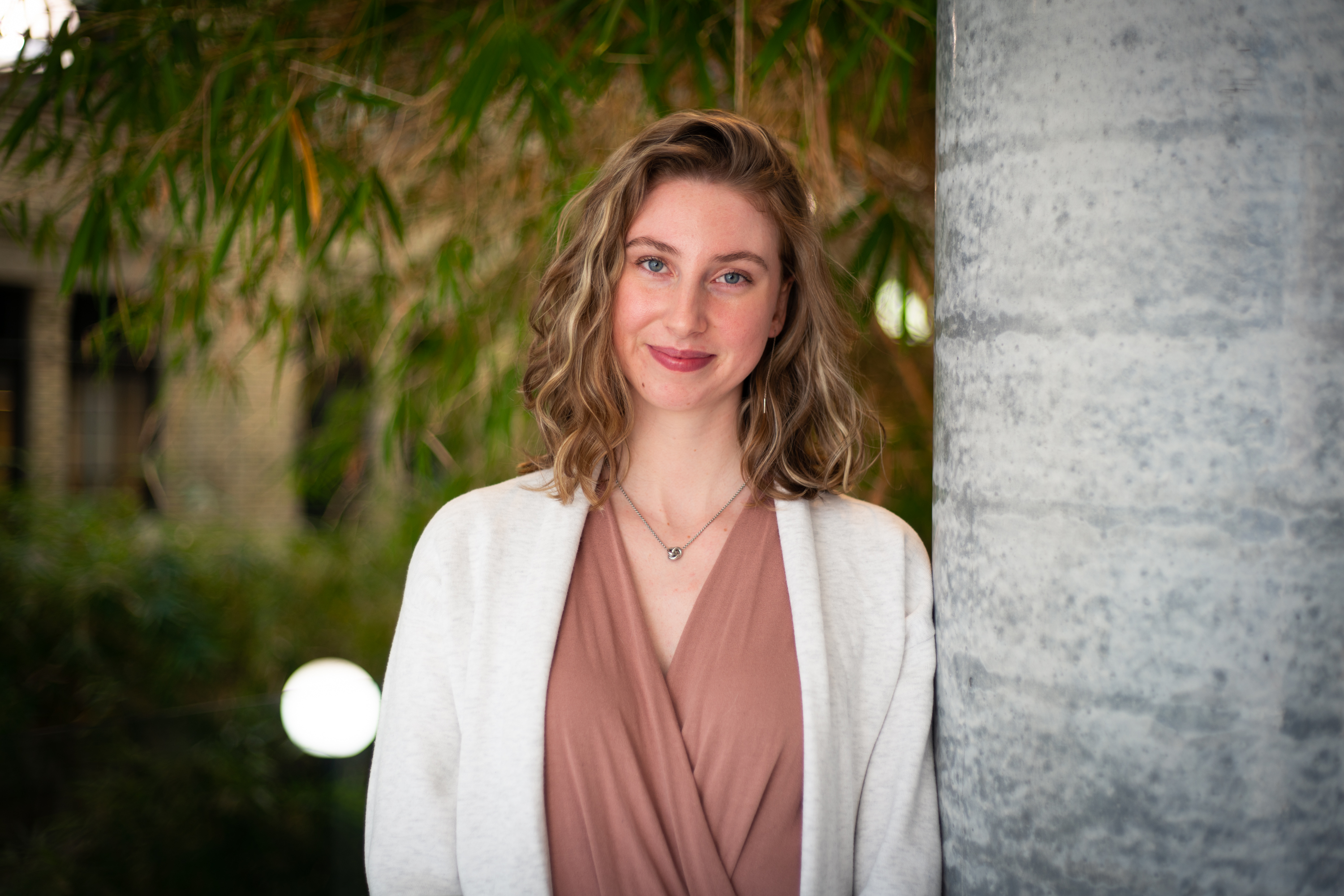
I am very privileged to have found a supportive network of women, many of whom I consider mentors, who have made an enormous impact in my academic journey. Women who celebrate others’ achievements like they are their own, who build each other up, and who advocate for one another. However, as a white, cis-gender woman, I also recognize the role that my privilege has played in my career so far. There are so many others – women of colour, indigenous women, queer women, women with disabilities, who still do not see themselves reflected or represented in STEM fields, particularly in leadership roles.
"We need to support the women who forge new paths in graduate school and beyond, those who act as influential mentors to younger versions of themselves, and women who ultimately decide to switch trajectories for any number of reasons."
Although recruitment efforts that encourage more women and girls to pursue graduate studies in STEM fields are critical, it is also important to reflect on whether we are placing the onus on women to be the agents of change in environments where they do not feel supported. These efforts also need to be placed on making structural changes that are inclusive to everyone. Sometimes pivoting fields or making the decision to leave academia altogether is an act of self-preservation. And we can’t simply keep asking women to stay, we need to give women a reason to do so. We need to support the women who forge new paths in graduate school and beyond, those who act as influential mentors to younger versions of themselves, and women who ultimately decide to switch trajectories for any number of reasons. I am grateful for all the mentors I have had along the way and to have found my support network as a woman in STEM. Although we have made a lot of progress, there is still a long way to go, and I hope that I can lift others up as I continue in my academic journey.
I will conclude by promoting some woman-identifying scientists and science communicators who I personally look up to and who have inspired me to keep pushing for systemic change so that our daughters’ decision to pursue undergraduate or graduate studies in STEM can be made without apprehension, but rather with unencumbered confidence, self-assurance, and pride.
Dr. Zoë Ayres (@ZJAyres), Dr. Samantha Yammine (@heysciencesam), Dr. Raven the Science Maven (@ravenscimaven), Dr. Raychelle Burks (@DrRubidium), Dr. Cylita Guy (@CylitaGuy), Dr. Katie Mack (@AstroKatie), and Naia Butler-Craig (@astronaia).
More News
Image
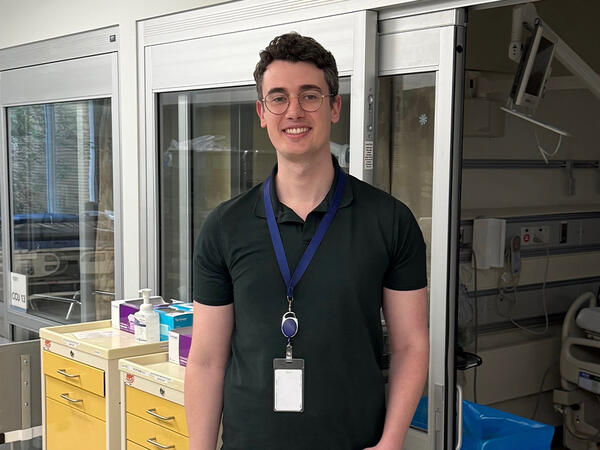
Pharmacy alum’s research shows how full-scope practice improves cancer care
Honoured with a national award, Adrian de Boer says his residency experience was a powerful reminder that he's making a meaningful change to the pharmacy profession.
Read More
Image
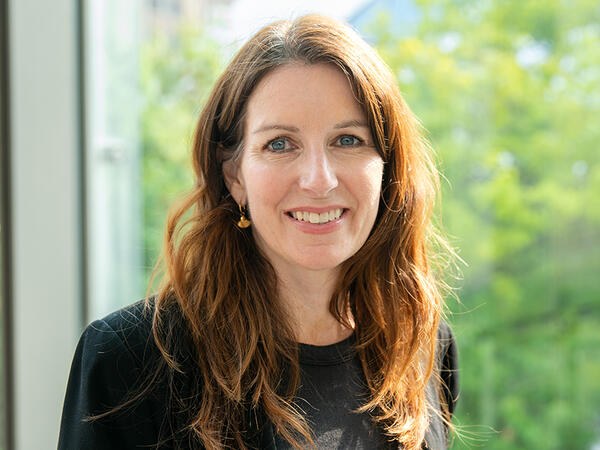
Pharmacy alum passionate about helping community pharmacists practice to full scope
As a pharmacy leader at Rexall, Heidi Wittke uses frontline experience to lead initiatives that improve patient care
Read More
Image
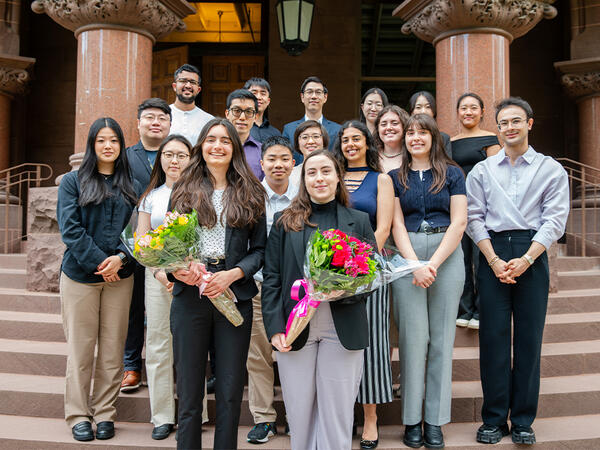
Bridging Research and Industry: GRIP 2025 highlights innovation and real-world impact
Over 200 attendees from academia, healthcare, and industry gathered last week for the 2025 GRIP symposium, celebrating the depth and diversity of graduate student research.
Read More
